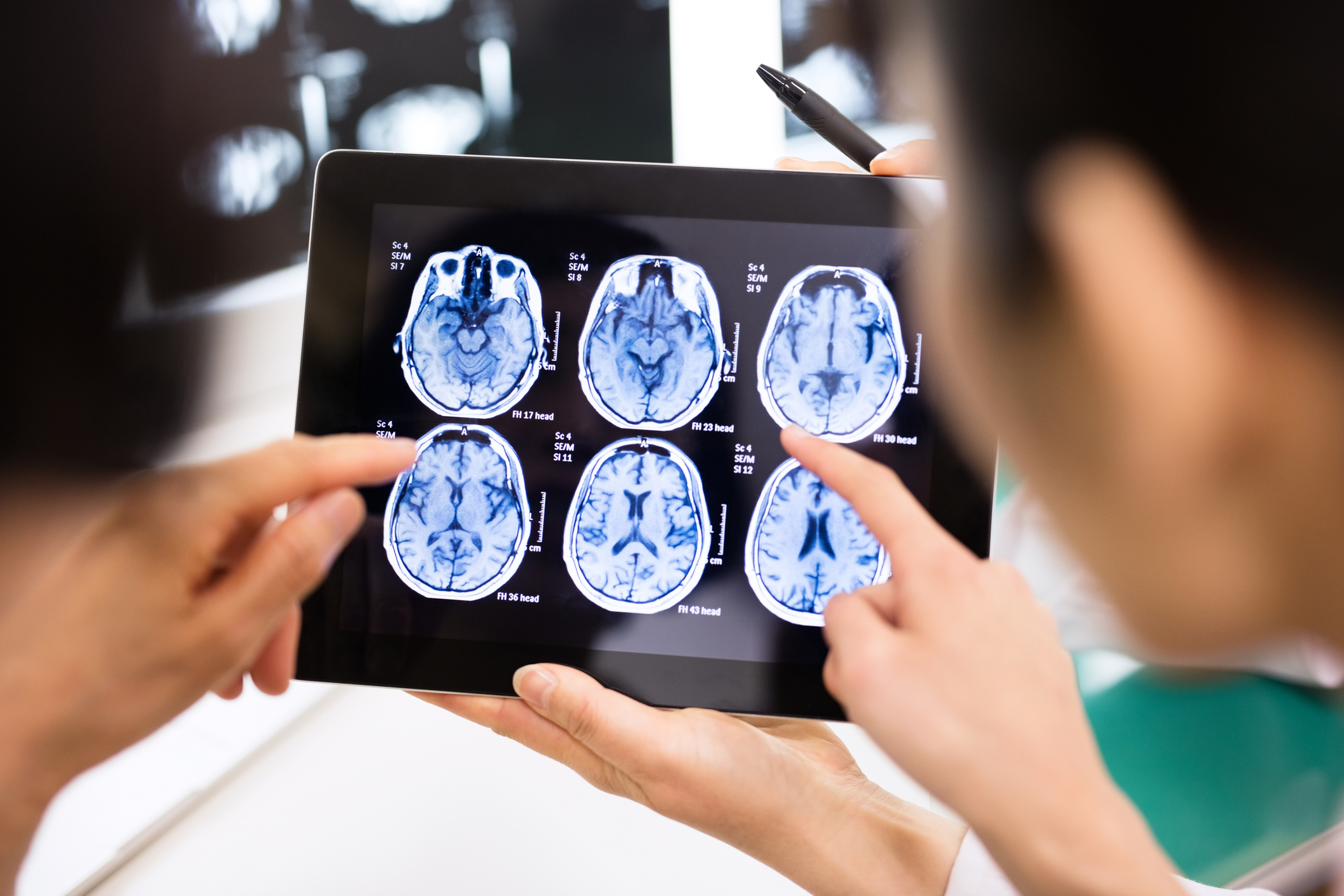Exciting Updates in the Alzheimer’s Field!
Haga clic aquí para leer este boletín en español.
During this year’s annual Alzheimer’s Association International Conference (AAIC), thousands of researchers gathered in San Diego, CA to present cutting-edge research on Alzheimer’s disease and related dementias. Several Brain Health Registry (BHR) researchers were among those presenting!
Brain Health Registry AAIC Highlights
During the conference, BHR Principal Investigator Dr. Mike Weiner described the enrollment of over 100,000 participants and study partners into the BHR. Furthermore, thousands of these individuals have been referred to additional research studies at other institutions to help facilitate important research.
Dr. Weiner also discussed BHR’s future directions and areas for improvement. A crucial objective is to enroll more participants of diverse racial, educational, and economic backgrounds to make the BHR more representative of the general population. This can help ensure that our research findings apply to everyone.
 BHR Co-Investigator, Dr. Rachel Nosheny, facilitated presentations on ways in which data collected from a participant’s study partner (for example, a spouse or child) can provide valuable information about the participant’s memory and thinking.
BHR Co-Investigator, Dr. Rachel Nosheny, facilitated presentations on ways in which data collected from a participant’s study partner (for example, a spouse or child) can provide valuable information about the participant’s memory and thinking.
Study partner insights may help researchers more efficiently identify individuals with impaired thinking and memory early on.
Dr. Miriam Ashford, a research scientist with BHR, shared research exploring participant experiences of BHR, such as whether the study site is easy to use, and how demographic characteristics like race and years of education shape these experiences.
Finally, Dr. Kristen Knight, a postdoctoral fellow with BHR, presented on how online data collected in BHR can be linked to whether a participant has increased amyloid in their brain — a hallmark of Alzheimer’s disease. This could help improve screening tools for identifying Alzheimer’s remotely, rather than in a clinical setting.
Advancements in the Field: Some AAIC Takeaways
Other AAIC presentations spanned a broad range of subjects, from understanding the complex biology of Alzheimer’s disease to strategies for supporting caregivers of individuals with dementia. Here are a few of the many important topics discussed:
-
Drug discovery and clinical trials
Many Alzheimer’s drugs, including the recently FDA-approved Aduhelm, target sticky plaques of amyloid protein in the brain. These drugs aim to slow the progression of Alzheimer’s disease.
However, due to mixed results from amyloid drug trials, researchers are continually seeking other strategies for drug development. These include targeting inflammation or swelling in the brain, tangles of another protein called tau, and even insulin resistance.
-
Social determinants of health and diversity in Alzheimer’s research
Key findings discussed at AAIC reinforced the critical role factors like economic background, race, ethnicity, and educational attainment play in shaping a person’s brain health and Alzheimer’s disease risk.
For example, a study of approximately 1,000 middle-aged adults found that experiencing interpersonal and institutional racism was associated with lower scores on memory assessments.
Several presenters enumerated strategies for recruiting and retaining underrepresented groups of participants in research studies, including community-engaged research methods.
-
Lifestyle factors
It’s well-established that lifestyle factors like exercise and diet are integral to maintaining both physical and brain health.
Recent findings from a multi-year study of over 300 participants with mild cognitive impairment suggests that regular exercise, either aerobic or not, may help slow the progression of cognitive decline.
—
Thank you, as always, to all our participants for your dedication to our research. You are helping speed the search for treatments for Alzheimer’s disease!






